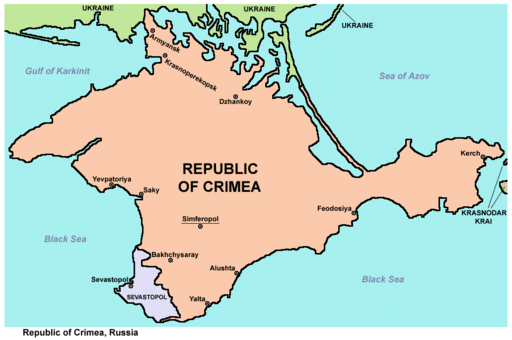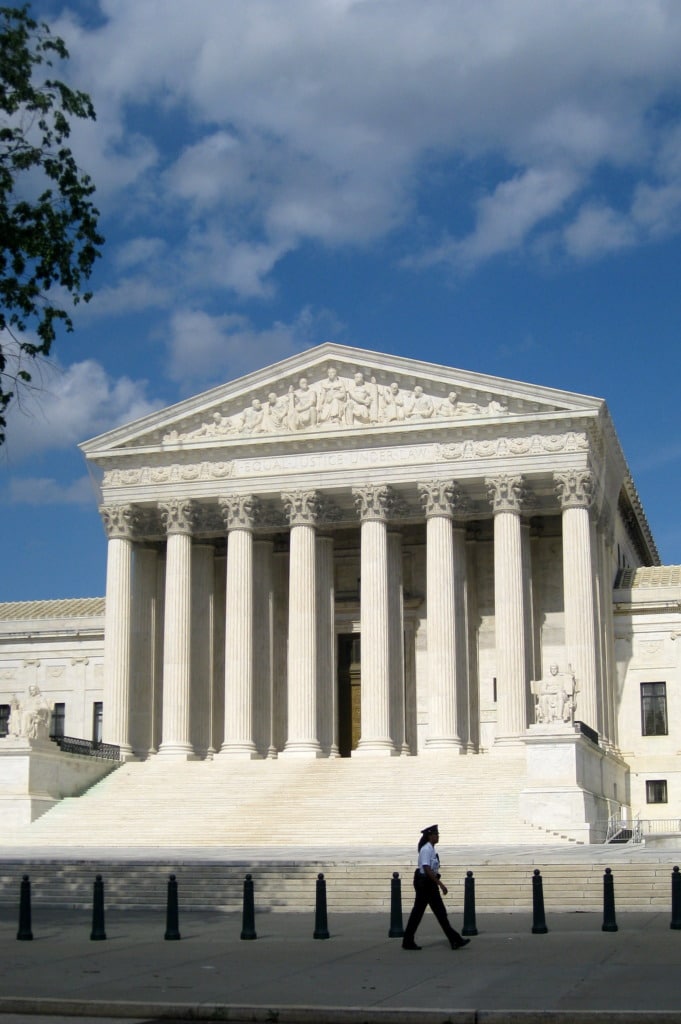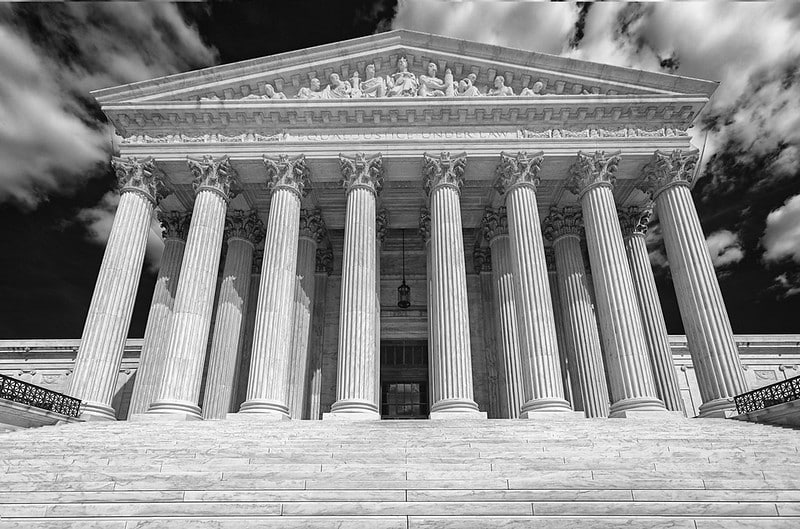Enforcement of Arbitral Awards against Russia for Expropriation of Property in Crimea
The D.C. Circuit recently cleared the way for the enforcement of foreign arbitral awards against Russia for the expropriation of electricity and gas infrastructure in Crimea. Russia argued in the case, Stabil v. Russian Federation, that there was no jurisdiction because the arbitration exception to the Foreign Sovereign Immunities Act (FSIA) did not apply and…
Continue ReadingProduct Use Restrictions as a Bar to Personal Jurisdiction
Exploding lithium battery cases against Samsung SDI Company, a South Korean defendant, have raised interesting personal jurisdiction issues. Litigants have not always done a good job of advancing the strongest factual and legal arguments, as a recent decision from the Fifth Circuit, Ethridge v. Samsung, makes clear. The cases, including B.D. by & through Myers…
Continue ReadingNo Injunction Against Florida Alien Ownership Law
After briefly enjoining the enforcement of Florida’s SB 264, the Eleventh Circuit has reversed course in Shen v. Simpson. The court of appeals held that most of the plaintiffs lack Article III standing and that those with standing are unlikely to succeed on the merits of their claims. It thus affirmed the district court’s denial…
Continue ReadingDevas v. Antrix: Headed back to the Ninth Circuit?
On Monday, the Supreme Court held oral argument in Devas v. Antrix to decide “whether plaintiffs must prove minimum contacts before federal courts may assert personal jurisdiction over foreign states sued under the Foreign Sovereign Immunities Act (FSIA).” Minimum contacts between the defendant and the United States might be required as a matter of statutory…
Continue ReadingForeign States are “Persons”: CC/Devas v. Antrix Amicus Brief
The Supreme Court may soon resolve an important constitutional question: whether foreign states are “persons” entitled to Fifth Amendment due process. For those who engage seriously with the text, history, and structure of the Constitution, there is a ready answer: yes, foreign states are “persons.” The scope of the “process” to which foreign states are…
Continue ReadingCC/Devas (Mauritius) Limited v. Antrix Corp.: International Arbitration and Constitutional Avoidance
I suspect that CC/Devas (Mauritius) Limited v. Antrix Corp. Ltd. caught the eye of the Supreme Court because of an interesting constitutional question: Does the Due Process Clause of the Fifth Amendment apply in civil suits brought against foreign states in U.S. courts? More than thirty years ago, Justice Scalia, writing for a unanimous Court…
Continue ReadingArbitration Enforcement and Consent
This Term, the Supreme Court will hear a case that could have profound ramifications for international arbitration: CC/Devas (Mauritius) Ltd. v. Antrix Corp. Ltd. The petitioners are seeking to enforce an arbitration award they won against a state-owned company in India. The district court enforced the award, relying on the New York Convention and the…
Continue ReadingTransnational Litigation at the Supreme Court, October Term 2024
Today is the first day of the Supreme Court’s October Term. This post briefly discusses four transnational litigation cases in which the Court has already granted cert, as well as several others that are in the pipeline and could be decided this Term. Readers can also consult our Supreme Court page. Cases in which the…
Continue ReadingSystemic Due Process and the Hague Judgments Convention
The State Department is exploring ratification of the Hague Judgments Convention (HJC) and Convention on Choice of Court Agreements (COCA). It has announced a meeting of the Advisory Committee on Private International Law for October 24-25 to discuss these conventions (as well as the Singapore Convention on mediation) and how they might be implemented. As…
Continue ReadingChinese Judgments and Due Process: Another New York Decision
In the United States, the recognition and enforcement of foreign judgments are generally governed by state law. Thirty-eight states and the District of Columbia have adopted either the 1962 Uniform Foreign Money Judgments Recognition Act or the updated 2005 Uniform Foreign Country Money Judgments Recognition Act. (In the remaining twelve states, common law governs.) Both…
Continue Reading





